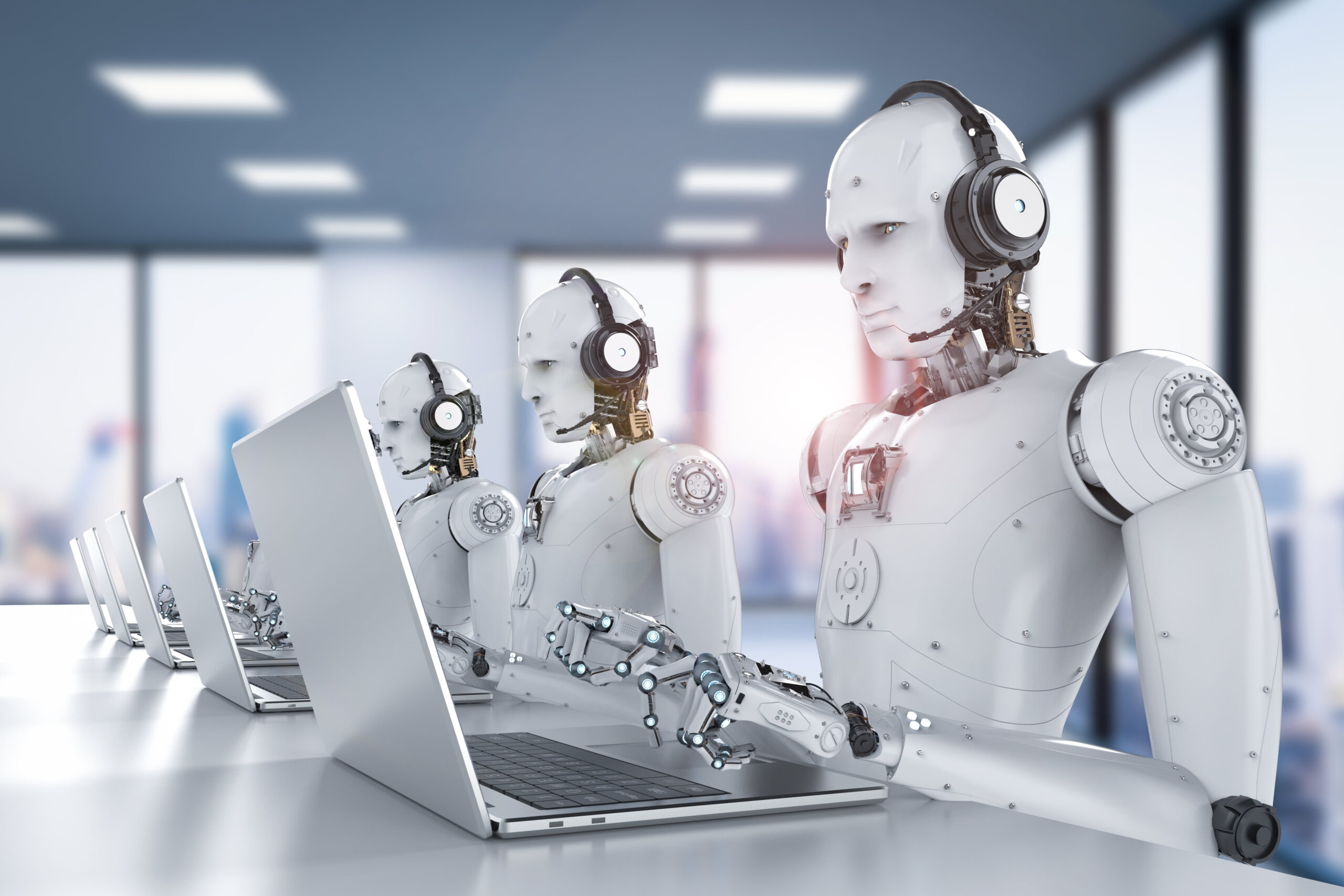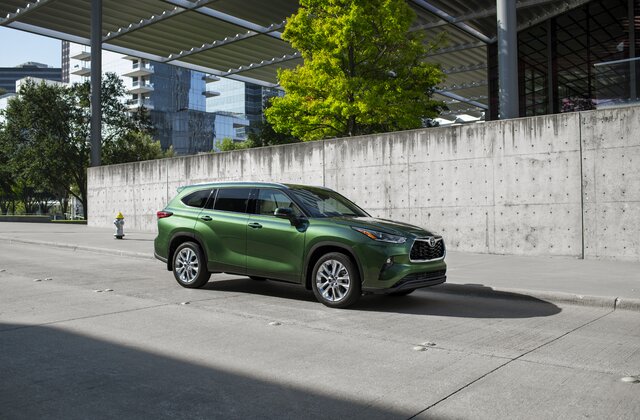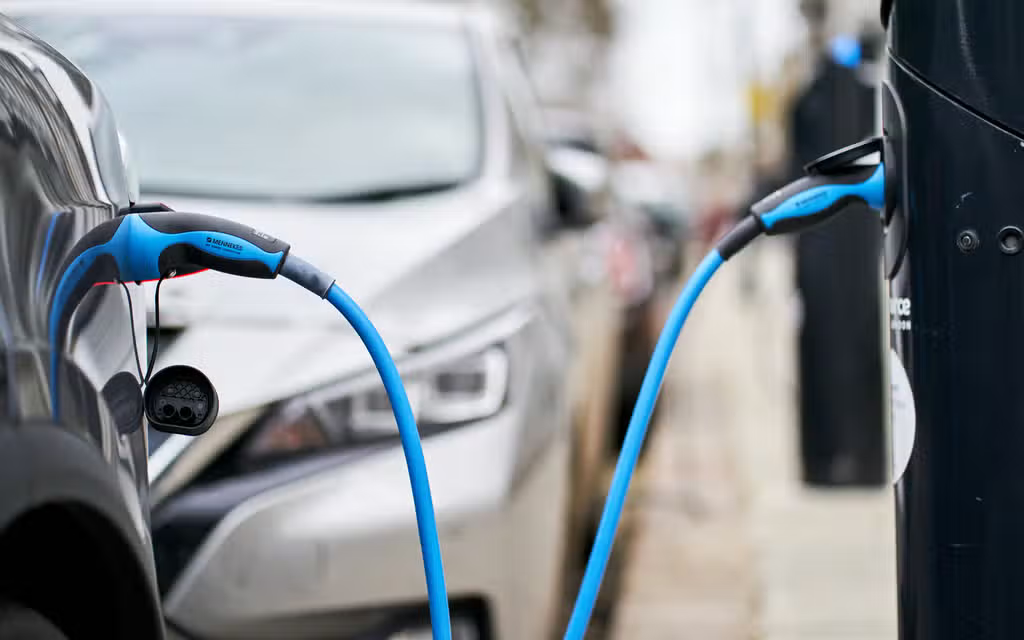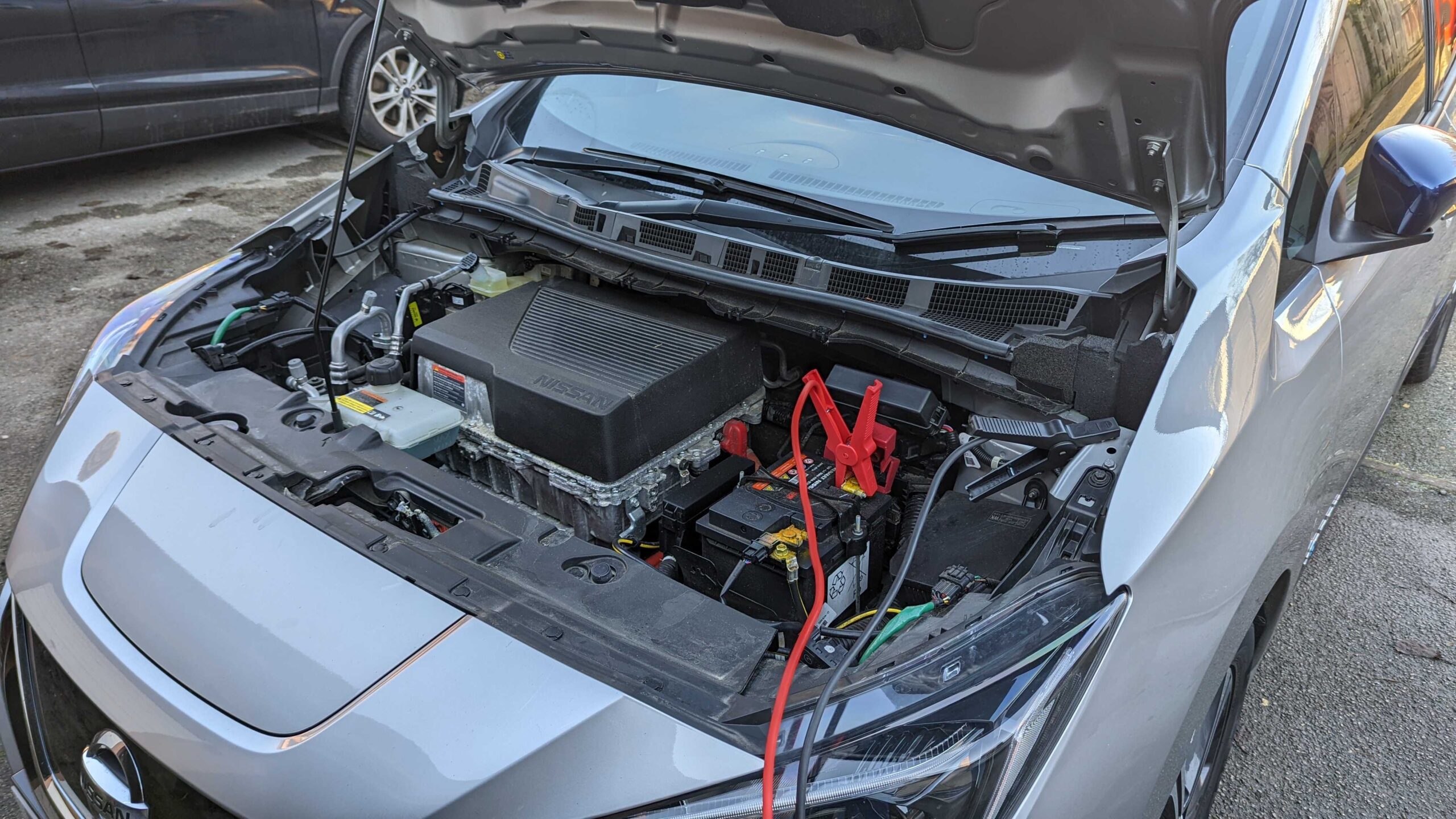China has declared its intention to manufacture humanoid robots on a large scale by 2025, while Western firms, including Elon Musk’s Tesla, compete to develop their humanoid systems.
Leading experts on how humanoid robots could alter the world were interviewed by DailyMail.com; one expert predicted that the technology would expand “exponentially” over the next decade.
Within the next 15 years, the global market for humanoid robots could be worth $150 billion annually, according to Goldman Sachs.
Furthermore, the company projects that humanoid robots will be operational in factories by 2025-2028 and in other occupations by 2030-2035.
In many disciplines, the technology will have a positive impact, according to Marga Hoek, author of Tech For Good. However, individuals must be prepared.
Hoek stated that predictions indicate robotics and AI technology could affect as many as one-fourth of all occupations.
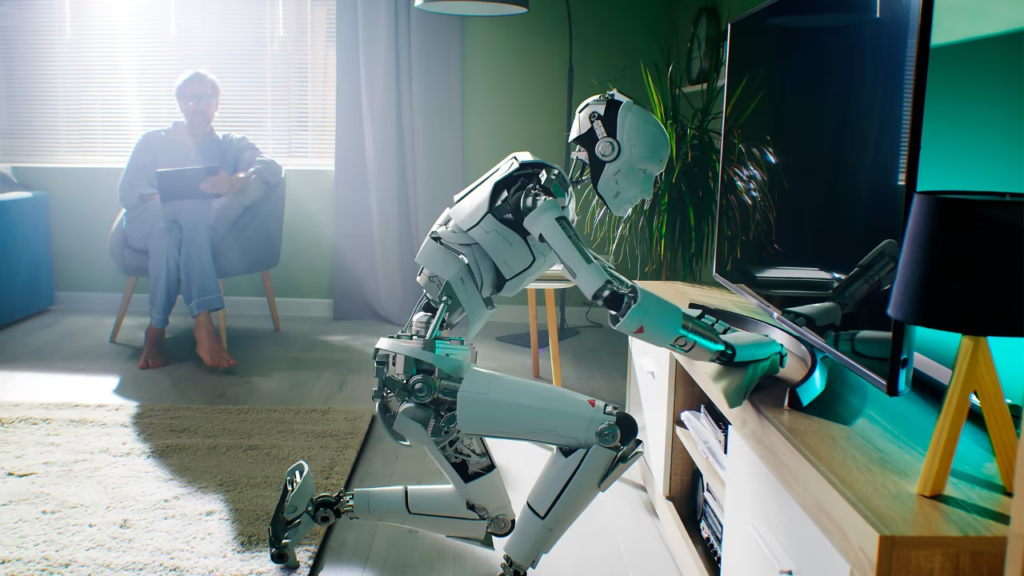
She stated, “My greatest concern is that humanity as a whole spends so much time fearing rather than anticipating and accepting.”
Hoek stated that research must be conducted immediately to determine which occupations will continue to “add value” in a world dominated by humanoid robots: “We will be too late if we fail to train people, anticipate, and radically alter school curricula, for example.”
Elon Musk’s Tesla is developing a competitor robot named Optimus that Musk claims could be “more significant” than the company’s automobiles and is designed to perform any task a human can.
Robots Will Care for the Elderly
Hoek anticipated that humanoid robots would care for old and young people with autism instead of humans.
She stated, “At this time, robots can also interpret human behaviour and react to emotions.” In the future, robots will be capable of managing mental and behavioural disorders in infants and adults.
By considering older people, there will be many individuals aged 65 and above. Additionally, the utilisation of robots to assist and support can extend the lives of humans.
Humanoid Automata in Construction and Manufacturing
This year, Amazon tested a humanoid robot operating in one of its centres. Experts predict that “lights out” factories, devoid of human labour, may become the norm.
Humanoid robots will have a “significant impact” on society and the global economy by 2035. This statement comes from Lisa Farrell, manager of business development at The National Robotarium.
Farrell stated, “Economies of scale and technological advancements make it possible to mass-produce reasonably priced robots, and we foresee a variety of robots supporting workforces in the manufacturing, healthcare, construction, transportation, and hospitality industries, among others.”
Intelligent robots can bolster efficiency, enhance quality assurance, and assist in completing hazardous or repetitive duties.
According to McKinsey, AI and robotics are anticipated to generate global economic benefits approaching $6 trillion by 2025. Additionally, new high-paying positions will emerge in the maintenance, programming, and collaboration with robots.
Robots Will educate Youths
Hoek stated that the market for educational robots is expanding swiftly and is projected to reach $3.1 billion by 2025.
Academic assistants in schools are one example of the many duties that robots can perform in the classroom, according to Professor Angelo Cangelosi, an expert in AI and Cognition at The University of Manchester.
However, according to Cangelosi, ‘fully autonomous’ humanoids will only materialise for up to five to ten years. During that time, robots will become more proficient at carrying small objects and engaging in meaningful discourse.
Cangelosi stated, “While robots may be able to perform certain repetitive tasks more efficiently, robot technicians will continue to be necessary to service and monitor these machines.”
“As a result of the complexity of the developing systems and capabilities, robotics and AI will advance gradually, giving society time to prepare for these changes.”
“I believe they will be utilised progressively in some industries to supplement current employees.”
Surgical Robots Will Preserve Lives
Robotic surgeons will revolutionise battlefield and remote surgery (where you can do expert surgery on people without access).
“They can do that if we use robots to perform precision surgery,” said Hoek. I am significantly superior to human beings due to the limited capabilities of the human eye and digits.
Therefore, when employed in precision surgery, they are capable of accomplishing feats that would be unattainable by humans.
Robots do not need injury worries, but Hoek said the first 30 seconds are crucial for battlefield survival.
Robotics Will Revolutionise Agriculture
Hoek is convinced that “precision farming,” made possible by robots, will aid in the fight against food shortages.
“There is a lack of nutritious food throughout the world, and the global population is still increasing,” said Hoek.
“By transporting items from point A to point B, robots can aid in productivity enhancement, precision agriculture, and improved harvesting, thereby reducing food waste.”
Hedge fund Luxor buys insolvent electric lorry startup Volta Trucks


